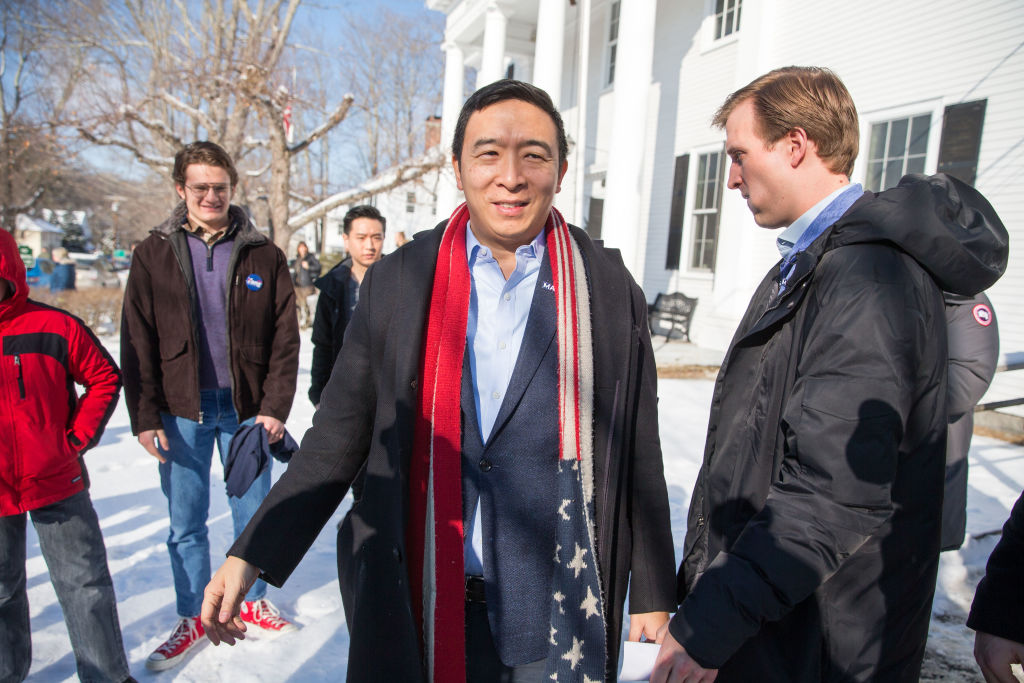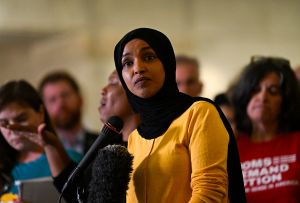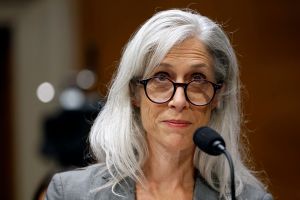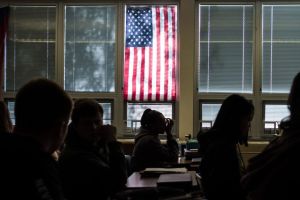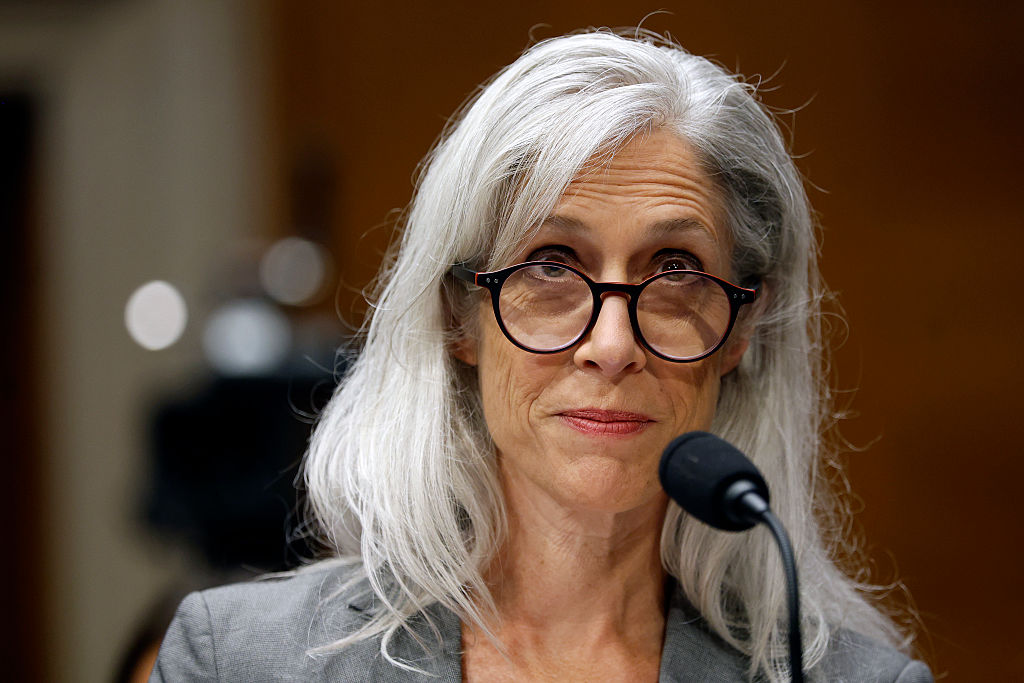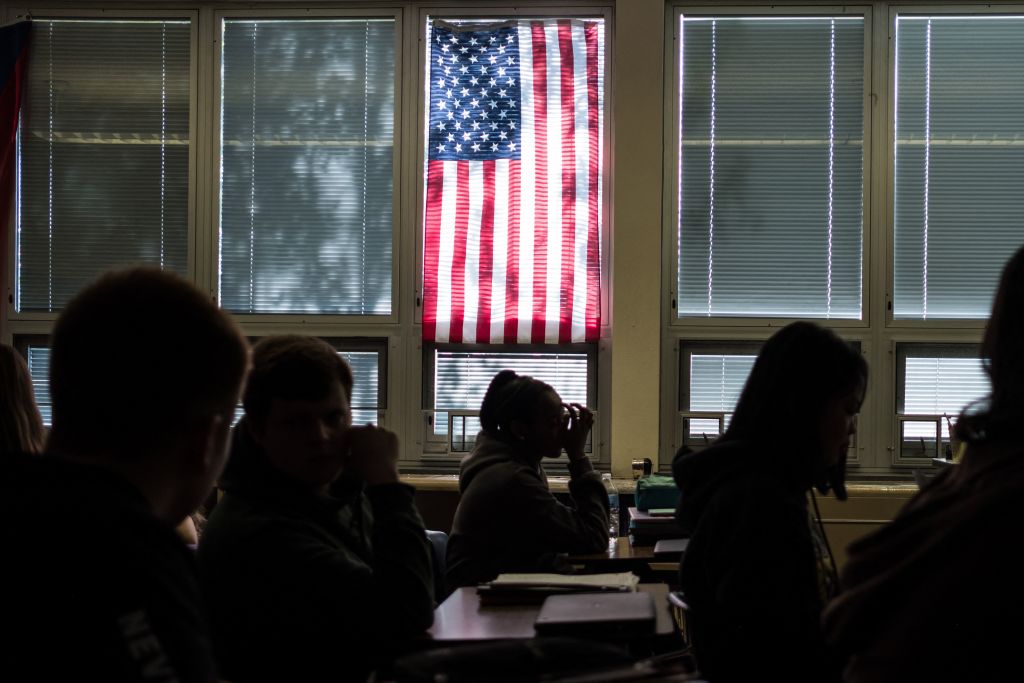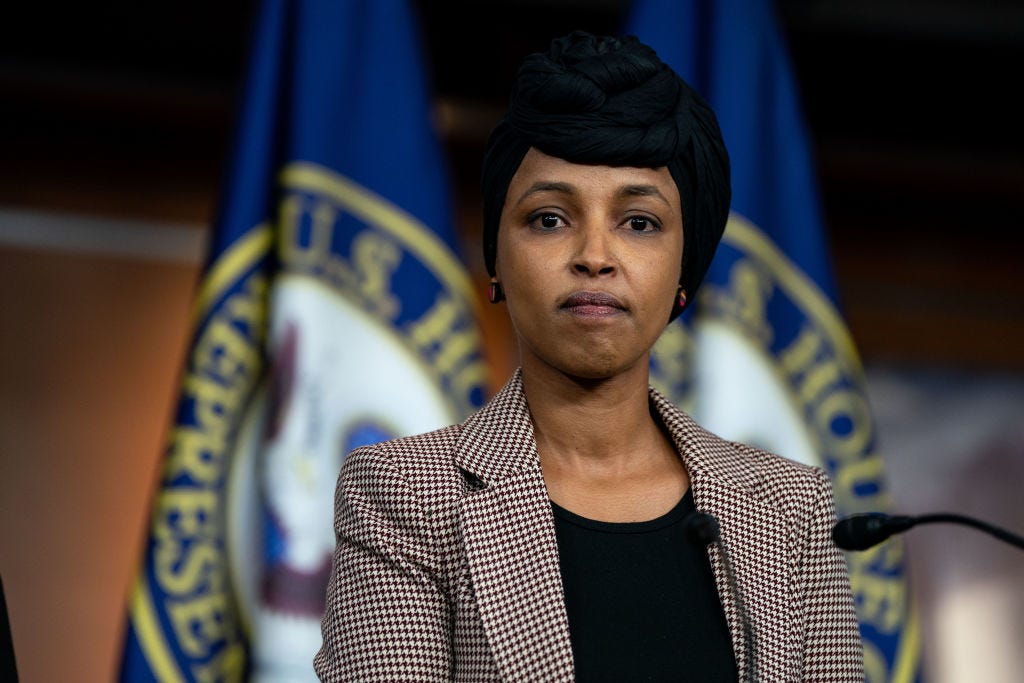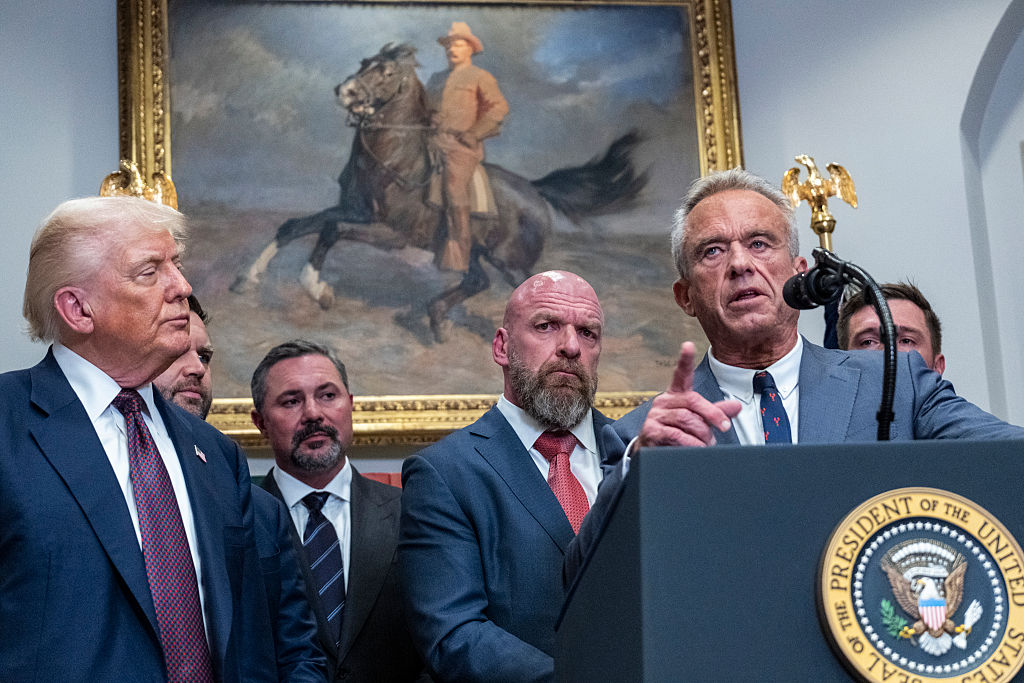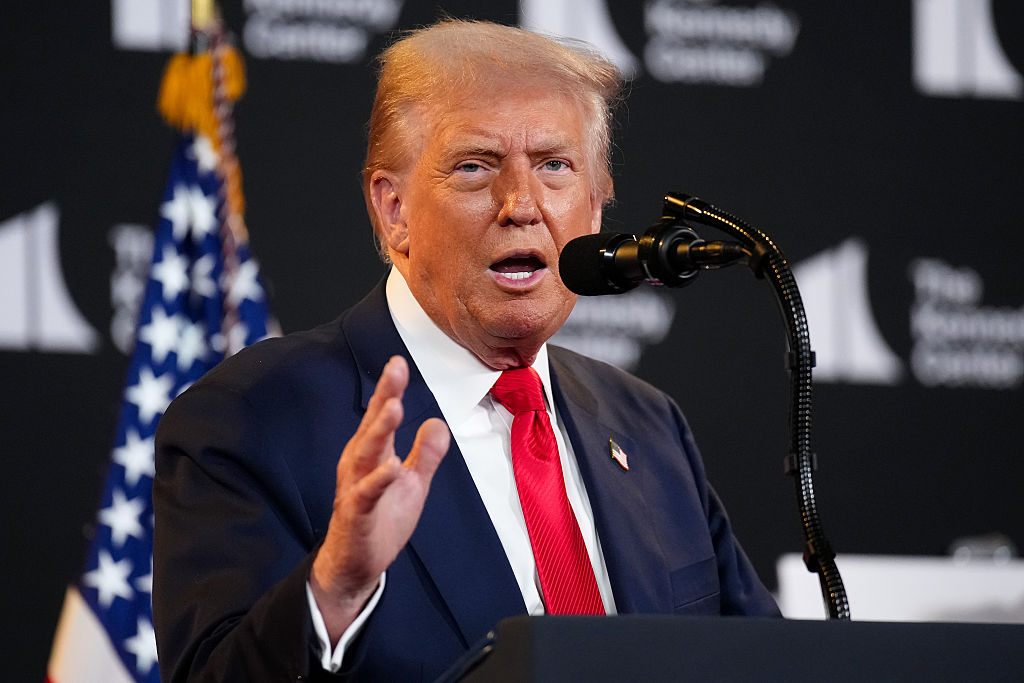Tone-deaf. White people-pleasing. Bumbling pineapple bun. These are just some of the choice epithets that have been hurled at Andrew Yang after he shared his thoughts about the Asian American experience in the age of coronavirus. Calling the growing reports of racist and xenophobic attacks against Asian Americans across the country a ‘heartbreaking phenomenon‘, Yang opened his op-ed with a soliloquy about a recent experience at a grocery store where, for the first time since growing up as one of the few children of East-Asian descent in a New York suburb, he felt the searing tinge of race-consciousness and anxiety about his place in America.
The spark that lit the tinderbox was Yang’s call to action where he asks Asian Americans to ‘embrace their American-ness’ and to ‘step up, help your neighbors, donate, volunteer, wear red white and blue and put an end to this crisis.’
Yang was summarily accused of victim-blaming for intimating that Asian Americans bore the responsibility of combating racism through displaying patriotism, and asking them to prove their loyalty by asserting their ‘American-ness’. In no way did he ever come close to making these claims.
This is an ideological Rorschach test, one that even Rep. Ilhan Omar couldn’t resist weighing in on. Many of his critics ended up conflating ‘American-ness’ with ‘whiteness’ and making the erroneous assumption that leaning into ‘American-ness’ comes at the expense of their ‘Asian-ness.’ This was especially apparent in restaurateur and Asian American icon Eddie Huang’s expletive-ridden tweet
Maybe Yang has been on to something all along. It’s extraordinary to see that, after a year of propelling the once-radical concept of Universal Basic Income to the forefront of the nation’s consciousness, his flagship policy is now firmly established as an economic necessity in a quarantined America. Unlike more targeted forms of welfare that reduce the citizen-state relationship to a purely monetary transaction, Yang’s proposed Freedom Dividend was a universal method of redistribution. Apart from boosting the economic prospects of every single American, it is designed to foster citizenship, solidarity and identity. In other words, it’s a conception of our social fabric in an explicitly non zero-sum way and that alone should say something about the man who championed it as his singular cause. Those who have followed him for a while now know two things: that for Andrew Yang, ‘American-ness’ is not mutually exclusive with any hyphenated identity that precedes it, and that anyone who misconstrues his call to embrace it as an exercise in jingoism is being either ignorant or disingenuous..
Perhaps one of the cardinal sins Yang made was to react with insufficient anger in an age of call-out culture. He would have been justified to tap into some anger, quite frankly. But instead of digging into self-pity, Yang chose to be a uniting figure. While he asserted in his op-ed that racism was ‘obviously wrong’, he also acknowledged, as he has done many times at rallies and in town halls, that the flames of tribalistic instincts can be fanned especially when people are ‘fearful for the future’ and anxious about their economic security. He tried to frame the roots of racism from a place of empathy and make an appeal to our shared humanity. That’s wonderfully on brand for a candidate whose slogan was ‘Humanity First.’
A tech-savvy entrepreneur, Yang stood out in a sea of politicians as a solutions-driven pragmatist. One of his campaign trail mottos was ‘not right, not left, but forward.’ That’s why he was able to assemble such a broad coalition of followers who proudly christened themselves the ‘Yang Gang’. Yang is allergic to participating in partisan blame games. In his much-maligned piece, Yang underscores the reality that simply yelling ‘don’t be racist’ to someone who is actually being racist, is not effective. So, in lieu of adopting a posture of outrage and victimhood, Yang instead looks to rise above it. What can we as Asian Americans do, he asks, to show our solidarity with our nation in its time of need? And how can anyone not see shades of JFK’s ‘ask not what your country can do for you’ spiel in his impassioned call-to-arms as a member of this community?
In a moving TED talk titled, ‘Why I love the country that once betrayed me,’ George Takei, the endearing cultural icon best known for playing Hikaru Sulu on Star Trek, spoke about the depravity and humiliation of being thrown into Japanese internment camps during World War Two. He and his family, among thousands of other Japanese Americans, were denied their inalienable rights and robbed of their possessions and dignity. Yet, as Yang highlighted in his article, thousands of young Japanese American men and women volunteered for military duty to fight for the freedom of their own families languishing behind barbed-wire fences, as well as for the ideals of a country that had betrayed them. When they returned home, President Truman greeted them with the following words: ‘You fought not only the enemy, but prejudice. And you won.’ Takei relayed the wisdom of his father, who seemed to harbor no bitterness toward America despite having every reason, explaining that American democracy is ‘vitally dependent on good people who cherish the ideals of the system and actively engage in the process of making our democracy work.’
It’s hard not to see Andrew Yang taking after Takei’s father, especially considering all the things he has stood for in his time in the national limelight. It’s going to be treacherous for Asian Americans whose identities can and will be used as pawns in a larger geopolitical game between China and the United States; racist and xenophobic incidents are not going to vanish any time soon. Andrew Yang stands against that —let’s not mindlessly attack his good intentions. Embracing American-ness is not about subtracting Asian-ness nor conforming to mindless patriotism. It’s about helping our fellow Americans under duress and fighting for a cure to a virus that’s dispossessing us of our humanity.
If that’s not humanity first, I don’t know what is.



